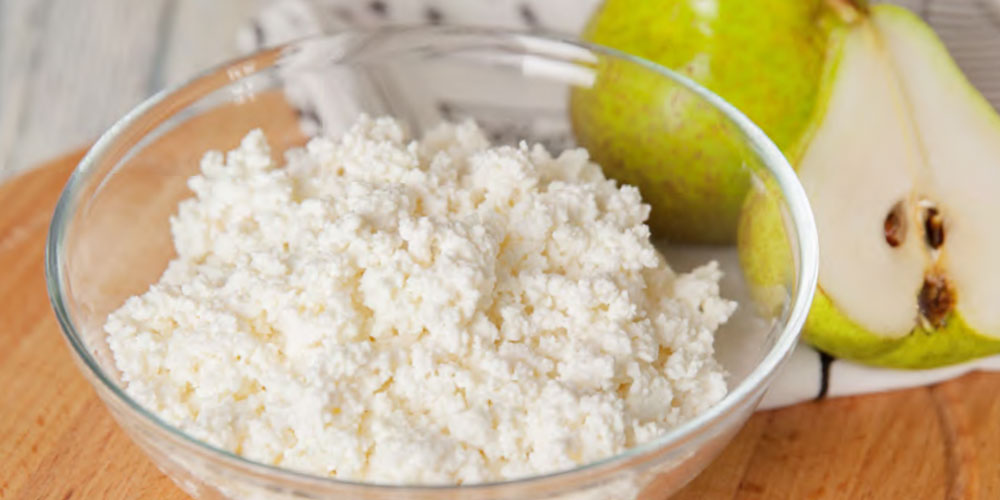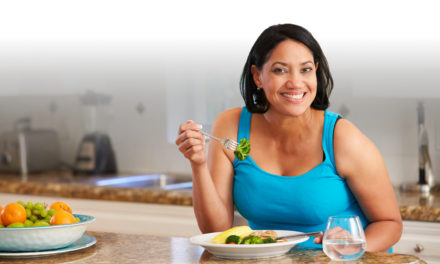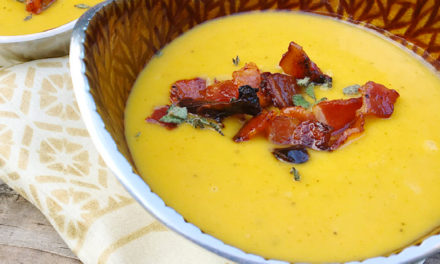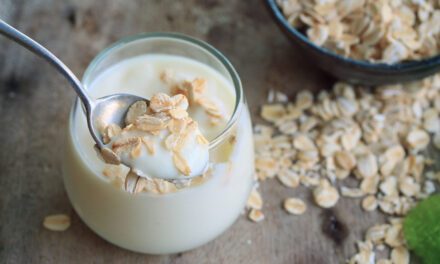By Lisa Abbay, MBA, RDN, LDN, FAND
Most Americans like to snack. According to Food Insight, a recent health survey revealed that three in four respondents reported snacking at least once daily. So, what is considered a snack? A snack is generally defined as any food eaten between main meals. As with anything, there are pros and cons to snacking. We don’t need to stop snacking; we just need to reevaluate or rethink what we eat and how much we eat.
Here are a few benefits and pitfalls for mindless snacking:
Benefits
- It boosts energy if several hours pass between meals and blood glucose levels drop.
- It helps curb your appetite to prevent overeating at the next meal.
- Provides extra nutrients when choosing certain snacks, like fresh fruit or nuts.
- It can help maintain adequate nutrition if one has a poor appetite but cannot eat full meals due to an illness.
- Pitfalls
- Unwanted weight gain if portions or frequency of snacking is too much, adding excess calories.
- Regular intake of ultra-processed hyperpalatable snacks that contain added salt, sugar, and fats but are low in nutrients and high in calories can increase a preference for these types of foods, leading to a change in eating behaviors and diet quality (e.g., a higher intake of hyperpalatable snacks along with a decreased intake of healthful foods).
These are some low-calorie snack options, but be mindful to follow the serving size:
- Low-fat or plant-based yogurt with a few nuts
- Mini protein snack bars
- Beef Jerky
- Nut and seed trail mix
- Cottage cheese with berries or pear
- Veggie chips, snap peas, or kale chips
- Crunchy Chickpeas
- Almond flour crackers with natural or organic peanut butter
- Hard-boiled egg with celery, carrots, or cherry tomatoes
- Hummus and veggies
- Greek yogurt frozen bars
- Celery with natural or organic peanut butter
- Apple slices with almond butter
- Cheese stick and small apple
- Egg wrap with cheese and spinach
As with any meal, be mindful of the serving size, prioritize protein and fiber, and be a mindful snacker. Be present while you snack, and try not to multi-task. Happy Snacking!
Lisa Abbay, MBA, RDN, LDN, FAND, has over 24 years of experience as a Registered Dietitian in clinical nutrition, regional food service, and as a senior leader in Talent Acquisition. She is a freelance writer and speaker.







